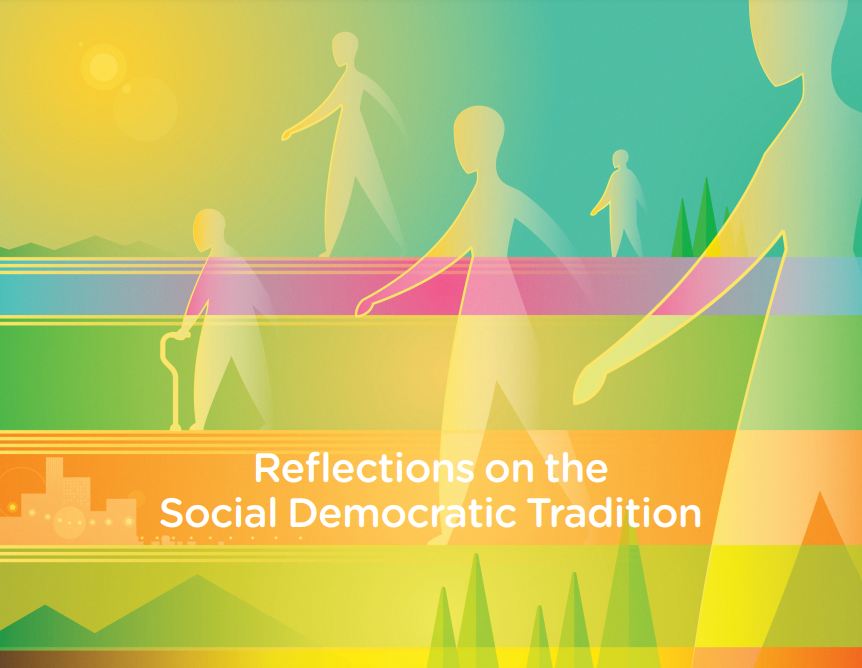The purpose of Reflections on the Social Democratic Tradition is to provide a political history, overview and critical evaluation of the social democratic tradition in Western politics – and in Canada in particular – in this moment of upheaval, inequality and decline in democracies around the globe.
The paper serves as a starting point for some fundamental questions:
- What is social democracy?
- What gains can we attribute to it, and are they still relevant today?
- Who benefitted from social democracy and what has been lost as the social democratic project has lost ground?
This reader’s guide offers a summary of the paper and provides some key questions for reader’s to ask and consider as they read.
What is social democracy?
The term social democracy designates both a social and political movement and a distinctive political theory that developed in opposition to liberal capitalism in the second half of the nineteenth century. As used here, the term social democracy means the full extension of democratic principles to both the social and economic sphere and overlaps closely with the concept of democratic socialism, which denotes building a different kind of economy.
Social democracy is about more than capitalism plus a welfare state, and very much remains a goal rather than a reality.
The historical roots of social democracy lie in the movements of the industrial working class and the ideas of socialist opponents of liberal capitalism. Social democracy thus has a more tangential and more recent relationship to feminism, anti-racism, the environmental movement and struggles for the recognition of disability rights and Indigenous rights. Social democratic renewal is very much about building deeper linkages to other social movements promoting equality and recognition of differences other than those based upon social class.
‘Reflections on the Social Democratic Tradition’ is licensed under CC BY-NC 4.0
